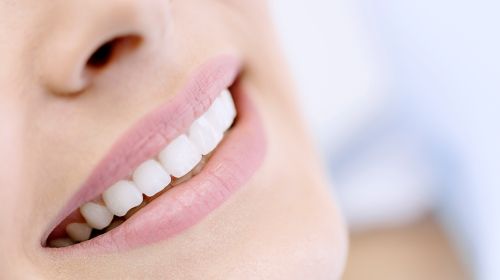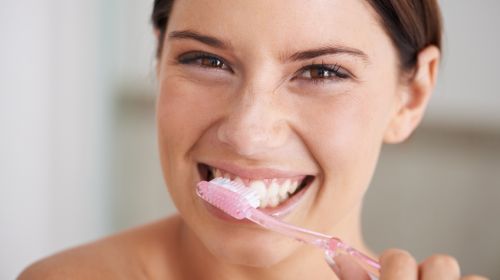Written according to the highest scientific standards and checked by experts
Some patients suffering from inflammatory rheumatism are at high risk of inflammation of the gums and gums and tooth decay.
-
- Oral hygiene: Particularly important in rheumatism therapy.
- © iStock.com/Peopleimages
In particular, patients who receive immunosuppressive therapy, i.e. who have a weakened immune system, and patients who suffer from impaired saliva formation (sicca syndrome), have a high risk of inflammation of the gums and the gums, and of caries.
Tooth destruction (tooth decay) and gum disease are caused by bacterial plaque. The caries-causing bacteria that live in the oral cavity feed on carbohydrates that we ingest with our daily food. Carbohydrates are metabolized by the bacteria and then excreted as lactic acid.
This acid is a major problem because it dissolves tooth enamel and irritates the gums. If the resulting plaque remains on the teeth for a longer period of time, they harden on contact with minerals contained in the saliva and then become what is known as tartar. Since tartar has a rough surface, new plaques can stick to it particularly well. This leads to a further increase in the tartar mass, which then settles between the tooth and the surrounding bone. Because of the invasion of the tartar with bacteria, there is constant irritation in this area, which ultimately leads to the breakdown of the bone and possible tooth loss.
These processes can be effectively prevented by regularly removing plaque from tooth surfaces and interdental spaces. The most important tools are: toothbrush, toothpaste, interdental brush and dental floss.



